Israeli economy heavily reliant on subsidies, external financing
In times of war, a war economy kicks in, scarcities in food items is one consequence, along with the lack of cash. The banks are supposed to control the cash flow and help their customers, many of whom are without jobs, to make it through the tough times.
However, the banks in Israel have taken advantage of their weakness and profited from it.
Why are Israeli banks raking in profits during times of war, as has been the case for the top three banks, angering many Israelis who want answers?
One way the banks are making money from their customers is by granting loans which are in great demand since many Israeli businesses are suffering due to a lack of demand for their goods and services as the Israeli economy remains in crisis mode.
Interestingly, there are reports of positive growth, which is not in keeping with how major industries are suffering.
Why are Israeli banks making record profits while their customers are drowning in debt?
Firstly, we have to remind ourselves that it's a colonial economy that has long been predicated and designed to relocate wealth produced and siphoned from the region back to Britain and then to the United States.
It's only logical that as the economy itself suffers from collective action from the outside world, whether it's the BDS movement that has led to significant downturn in the agricultural sector, the fears that are coming from the possible response from Iran or from Yemen, has led to large scale departure of money from the banks.
Banks have been trying to maintain some kind of profitability by bringing extra costs onto consumers.
Professor Isa Blumi, Middle Eastern Studies, Stockholm University
The banks are designed to serve the prime business interests of maximizing profits for themselves, which they have been able to do unhindered, thanks to a weak regulatory environment, a lack of competition and high interest rates.
The banks' profiteering has, understandably, angered many within Israel, such as
Moshe Gafni, an Israeli politician and member of the Knesset, pointed out that at a time when the cost of living is soaring and many families are barely making ends meet, the banks are operating as if there are no price increases.
Many Israelis have gone over their credit limit. What does that tell us about the Israeli economy?
The Israeli economy, again, is primarily based on the accumulation of wealth extracted from the occupied lands, extracting huge rents from the United States and from Europe that has basically subsidized the settlement colony since the 1940s and certainly there are certain industries that benefit from these subsidies with considerable amounts of credit available for (the) military industrial complex.
There are down the road, however, going to be significant numbers [amounts] of investment in offshore gas and oil from the stolen lands of Gaza and from whatever is going to be accomplished in Israel's expansion in Syria and Lebanon.
The functioning economy itself is heavily depleted by the fact that people who have invested in Israel have now relocated their money in places like Dubai, in Turkey or in other places such as Azerbaijan, and this has largely led to the heavy dependence on borrowing in order to sustain a consumption economy.
Professor Isa Blumi, Middle Eastern Studies, Stockholm University
Israeli banks are facing capital flight as more customers are transferring their savings to foreign countries driven by the escalating tensions with Lebanon. Additionally, Israel's construction industries, is now 40% smaller than it was a year ago.
In a special operation, the Ministry of Military Affairs and the IOF transferred to the Bank of Israel funds totaling approximately $29 million seized during the war in the Gaza Strip.
In February 2024, according to Maariv newspaper, the Israeli army raided the Palestine bank in the al-Rimal neighborhood in Gaza and seized a large amount of cash estimated at 200 million shekels, which is nearly $55 million.
Israeli opposition leader, Yair Lapid, presented a new deal for Israel's economy, which he described as a plan to save Israel's economy from the crisis he says is looming.
He said the middle class is not a cow to be milked to death, adding that prices won't stop rising, the middle class is buckling. Families of reservists are collapsing, and finally dropping the bombshell that in 2025 Israel will pay over $14 billion in interest on debt. That is a recipe for disaster.
Israeli opposition leader, Yair Lapid, presented a new deal for Israel's economy, which he described as a plan to save Israel's economy from the crisis he says is looming.
He said that the middle class is not a cow to be milked to death, adding that prices won't stop rising, the middle class is buckling. Families of reservists are collapsing and, finally dropping the bombshell that "in 2025 Israel will pay over $14 billion in interest on debt, which is a recipe for disaster".
Many Israelis have gone over their credit limit, what does that tell us about the Israeli economy?
Israel had stable financial institutions, but the war is expensive, and the majority of financing now coming through the states because the US Congress, US lawmakers, they have to provide the money so that money can be injected into the military industrial complex.
Israel is heavily reliant on foreign finances, because Israel is a country, they don't have financial resources to finance their wars. So basically, this is a war on credit.
Mike Mihajlovic, Political Analyst
Even though cease fires have taken place in Gaza and in Lebanon, Israel's economy continues to suffer a 6% drop in venture capital startups and a sharp 30% drop in foreign investment in Israel were among the consequences of the wars.
This war is on credit so to finance all production, all ammunition, all equipment needed (for) Israel to continue fighting Hamas and Hezbollah, they need to take a credits [sic].
Their banks need ... to borrow money, basically, so (they are) borrowing money from the US Congress.
Some quantities, I can not speculate how much regarding to the percentage, will be grants, so they don't need to return [it], and some they [will] need to pay [back].
But additional spending on defense, with limited resources and limited availability, so the Israeli production base will definitely create the higher inflation.
So that inflation, who is going to pay for that? It will be [the] ordinary people of Israel.
Mike Mihajlovic, Political Analyst
Israeli banks having made record profits during wartime may come across as taking advantage of Israelis, but there must be other factors involved that don't meet the eye, especially as many economists, and even Israeli banking officials, had warned of capital flight.
Bank Leumi, Israel's second largest lender, announced that its profits in 2024 had soared to a record of almost $2.8 billion; meanwhile, Bank Hapoalim announced that its profits in 2024 reached a record of $2.1 billion.
Both of these financial institutions have cashed in on high interest rates on mortgage and loan repayments.
Israeli banks charge households with overdrafts a steep 12.7% interest on average. Meanwhile, the average interest Israeli banks pay on shekel deposits varies between 3.5% and 4% on average.
This wide gap leads to public paying very high interest rates on debt, which in turn exacerbates the personal financial troubles of households and businesses.
The Israeli economy has grown by just 0.7% in the second quarter of 2024. By August, the budget deficit to GDP ratio was at minus 8.3%. Won’t such negative economic indicators result in increased economic uncertainty?
We have to remember who actually are the political elite of Israel, who have partnered with this rapacious settler communities, who are more than happy to simply plunder Palestinian resources, take their land, steal their animals, steal their televisions and steal their gold in their homes.
But that's not, that's not their national economy. The national economy in Israel, again, is largely dependent on subsidies from the outside world.
The political leadership, the political class, who are pursuing this war campaign, is not the main beneficiaries, and are drawing rent from a war economy, and they really do not have much interest. And the people who are largely their political opponents are the ones who are economically suffering from the economic embargo led by the BDS movement, led by the Yemeni embargo on the Red Sea maritime traffic.
So the primary losers are also the political opponents of the political class who are currently leading Israel, and Netanyahu and his allies will largely benefit from a war economy moving forward.
So it makes perfect economic sense that they pursue a war of territorial acquisition and of, sometimes, very brutal wealth extraction from Palestinian occupied lands and from Syria and from Lebanon. So it makes again, sense that Netanyahu is pursuing this economic campaign with the help of the banking elites and perhaps property developers who now see, with Trump in power, an opportunity in Gaza to be to make huge profits in the future.
Professor Isa Blumi, Middle Eastern Studies, Stockholm University
All of these bank profit reports came ahead of the three rating agencies downgrading of Israel's top five banks' credit ratings, namely, Moody's, Fitch, and Standard and Poor's.
For example, Moody's Investors Service has downgraded the deposit ratings of Israel's five largest banks for the first time in the country's history and attached a negative outlook, citing the ongoing war on the besieged Gaza Strip, from A2 to A3.
Israel is not holding back on its aggressive wars from Gaza, Lebanon and beyond, threatening Iran as well. It has turned the West Bank into a war zone. Don't these factors contribute to more capital flight and economic uncertainty?
Well the numbers speaks for itself [sic]. The increase of production is very limited, so they can't sustain that. Israel, definitely, in my opinion, they can't sustain any war with Iran, simply because their industry, their industrial base, their economy, is not set up for a prolonged war of attrition.
So there's a reason why they want to involve the US, because without the US Israel can't do anything on the longer, longer period of time, over a long period of time against Iran. Iran has a different setup, sanctions, and all of that stuff has actually positively influenced Iran, because Iran started to develop their own industry, their own high tech and less depends on the foreign supplies for the weapons and the high technology.
On the other hand, Israel's is a service economy, there is no manufacturing productions, Israel can't produce the bombs, maybe 1% of all quantities they need, so they heavily depend of the supplies from the US, or NATO.
Any war, Israel against Iran, one on one, It's simply not possible, because Israeli society, Israeli military, they can do very high intensity conflict, but a very short period of time, contrary to Iran. Iran can absorb any length of the conflict.
So that's the reason why Israelis need the US and they need NATO, without them, without their support, their supplies, which are all now stretched over their manufacturing capacities because of war in Ukraine, the Western, complete Western society can't sustain, can't support any prolonged war of attrition, because the backbone of the Western manufacturing in the military sectors is broken in Ukraine because the whole, the whole NATO US, they they shipped all the stuff to Ukraine.
They ship all their stuff to Israel, whatever was available, for two years. They're pulling now stuff from their own stocks, so they can't sustain any prolonged war. And that's the reason why their societies, their complete economy, may be walking on a very, very rotten plank that can break at anytime.
Mike Mihajlovic, Political Analyst
The Israeli economy has not recovered from the war, or wars. By many accounts, it has been the US that has been supporting the regime through its financial and military support. Major sectors such as the tech industry are still suffering.
Report: Over 50,000 soldiers fighting in Israeli military hold foreign citizenship
Danish PM warns US attack on Greenland would spell end of NATO
Power running out at key Gaza hospital, ICU patients at risk: Report
VIDEO | Press TV's news headlines
‘Speaking truth is her crime’: Netizens rip into European allies of Israel for targeting Albanese
Russia reaffirms support for Iran’s sovereignty amid rising US threats
VIDEO | 3,000 bodies of Palestinians ‘evaporated’ as Israel used banned weapons in Gaza
Iran says political pressure cannot undermine its ‘inalienable’ enrichment right


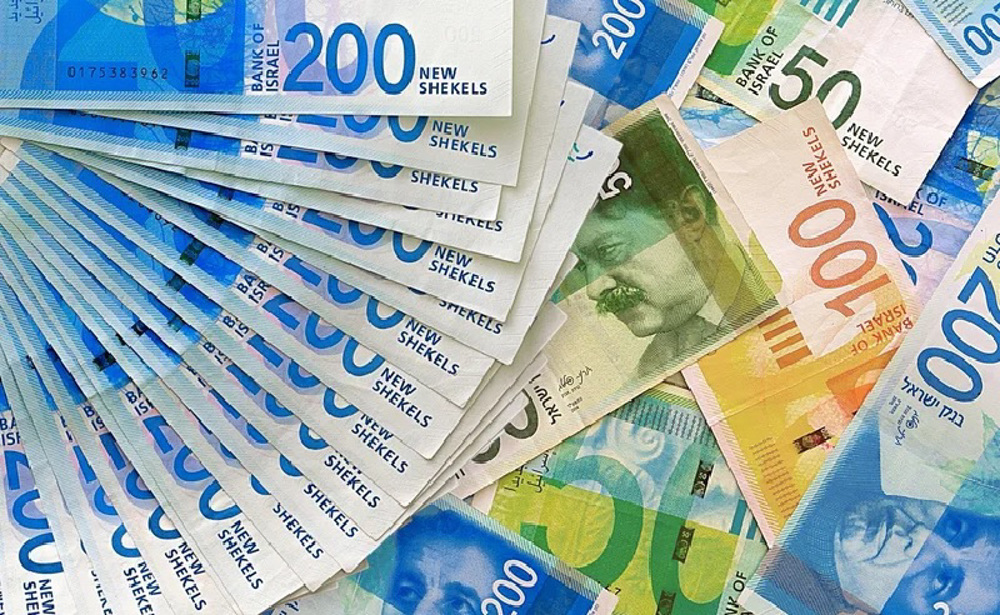
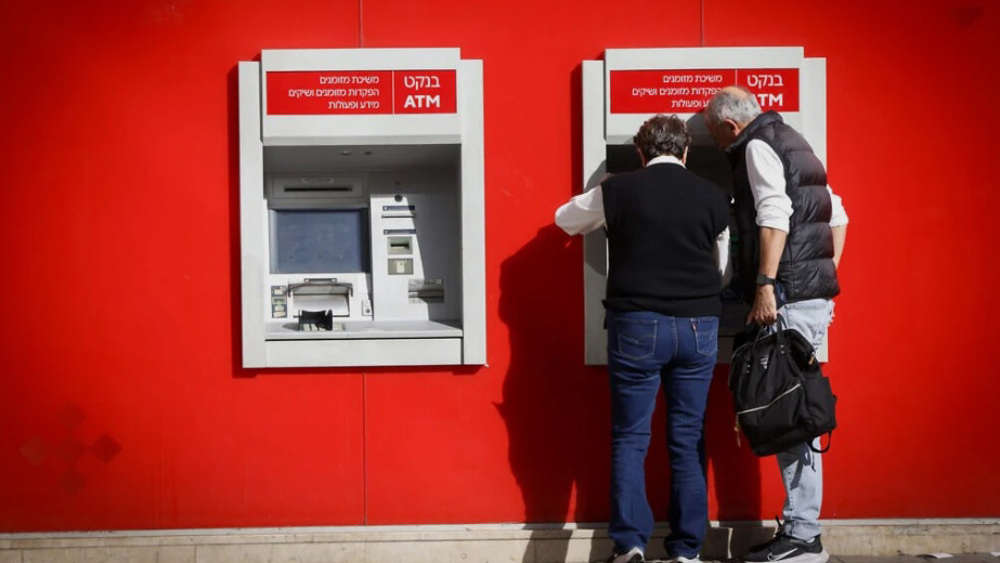
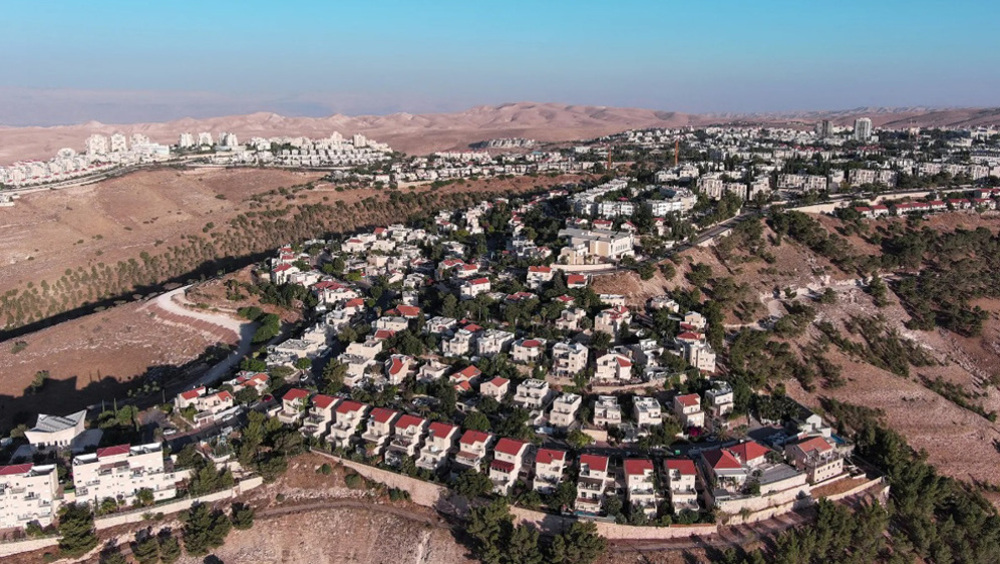



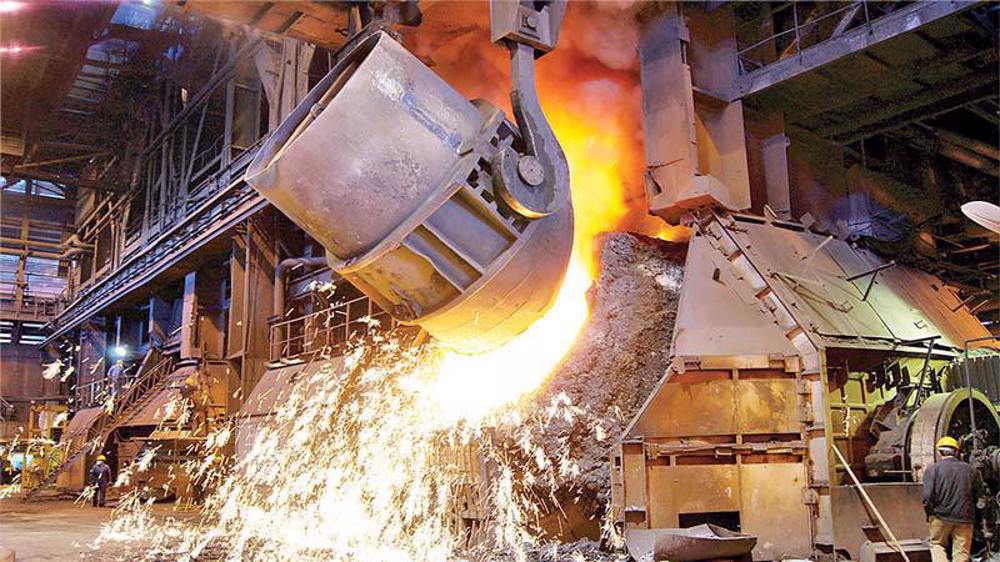







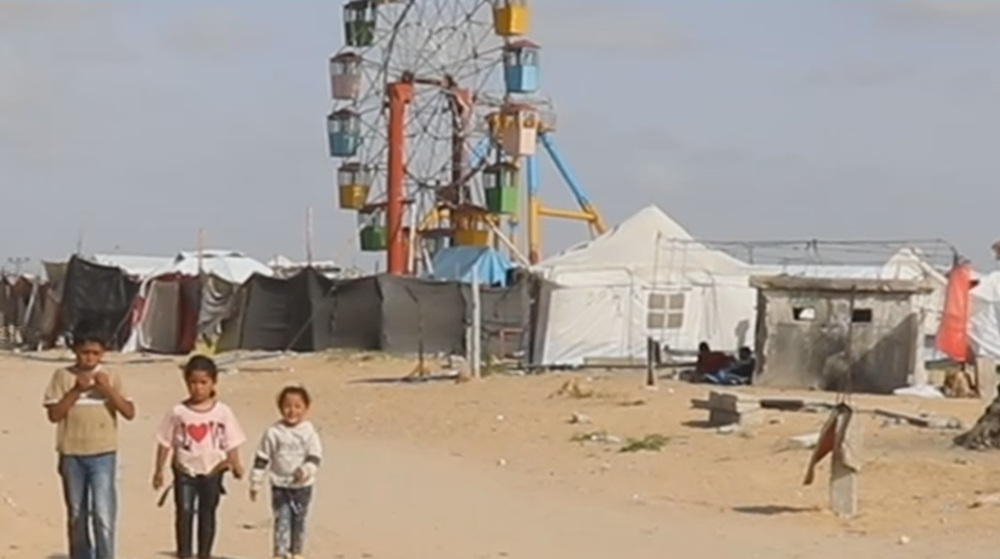


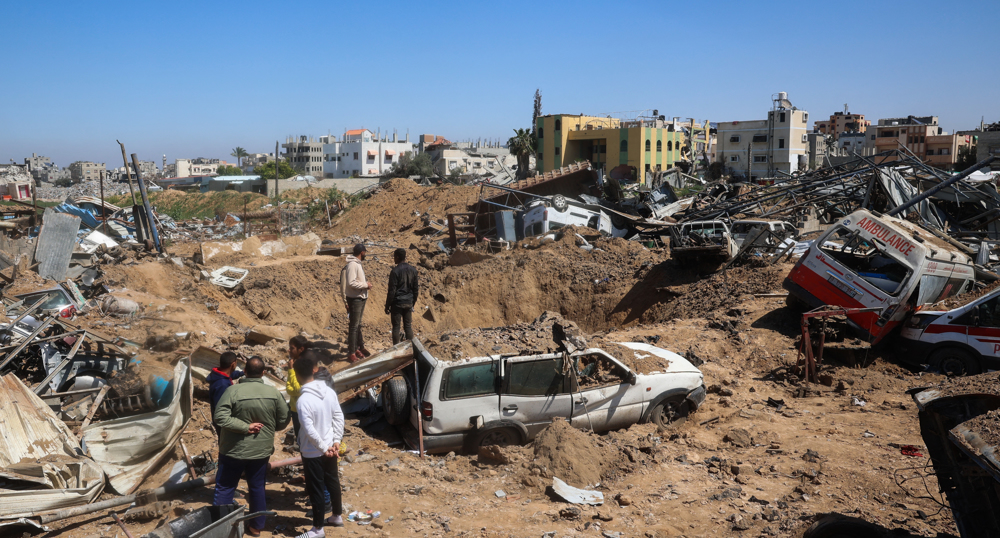

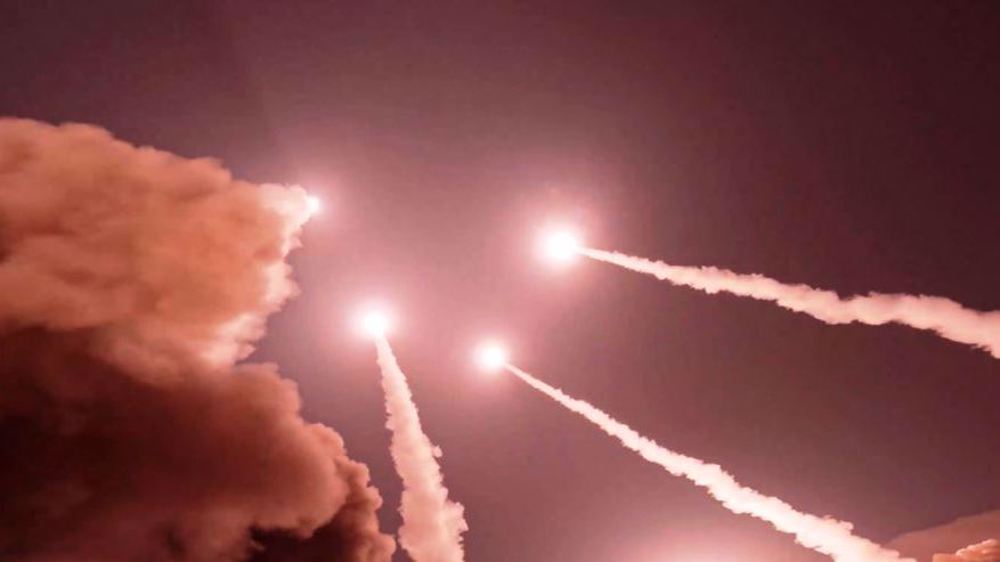
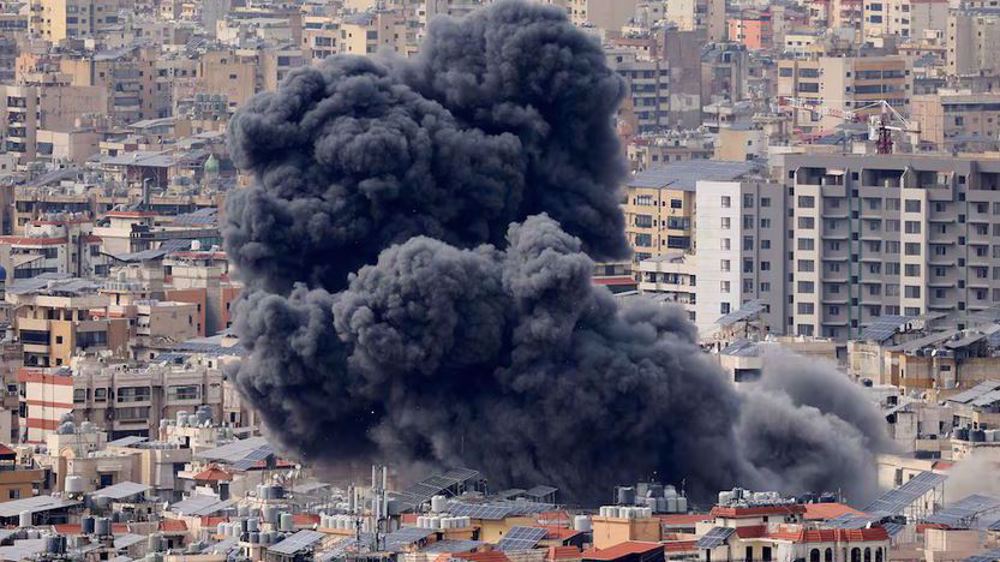



 This makes it easy to access the Press TV website
This makes it easy to access the Press TV website